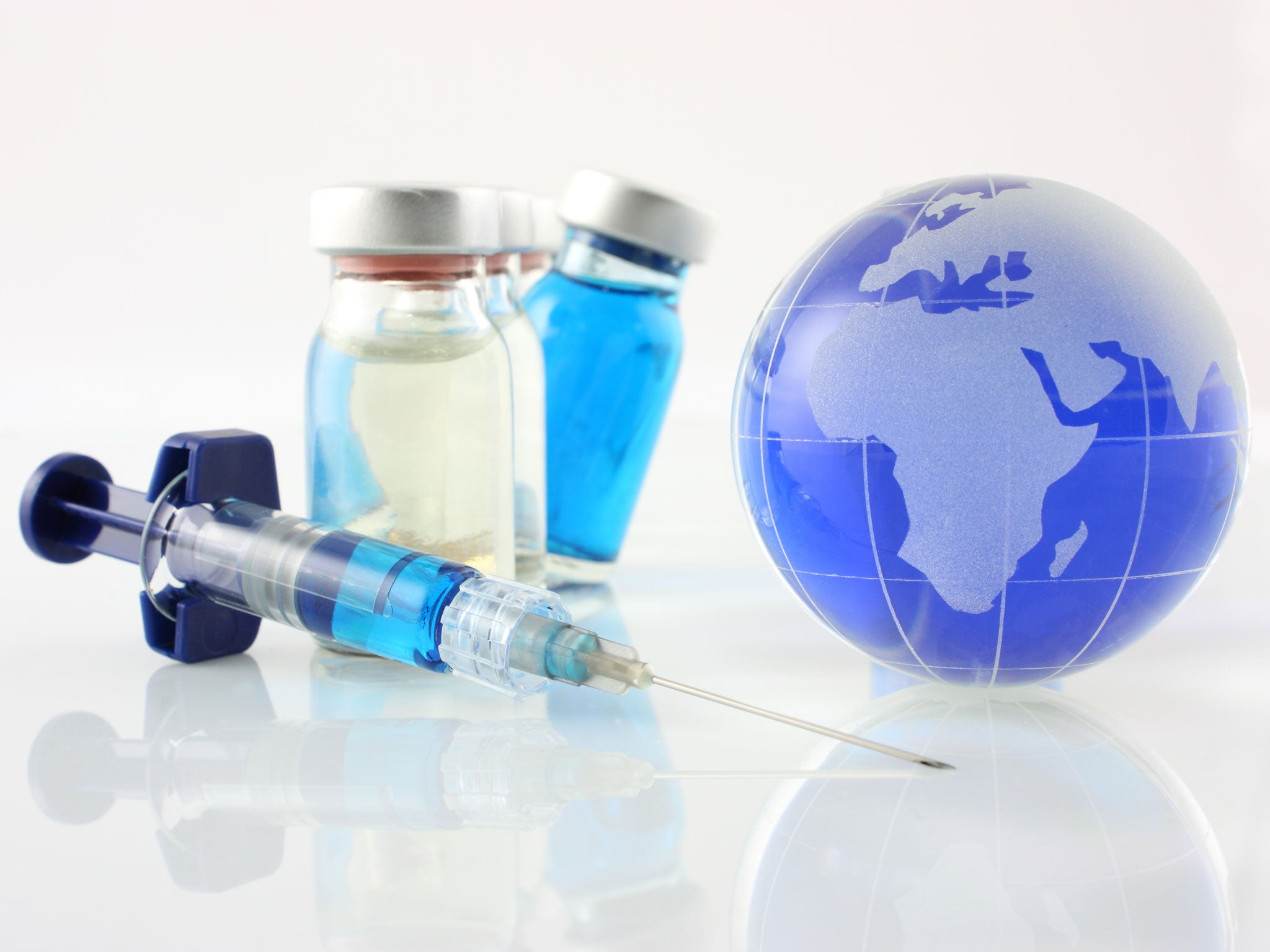'Tidal wave of cancer' will sweep the globe in next 20 years, warn WHO scientists

Immediate action is required to combat a ‘tidal wave of cancer’ that will sweep the globe in the next 20 years, scientists at the World Health Organisation have warned.
The number of new cancer cases worldwide in a single year will rise by 70 per cent from 14.1 million in 2012 to 24 million in 2035, the WHO’s International Agency for Research on Cancer (IARC) said in their latest World Cancer Report.
The future global burden of cancer will increasingly shift to poorer countries, WHO said, but it added that half of all world cancers are now preventable with existing medical knowledge and expertise.
Annual deaths from cancer will almost double in the same time period from 8.2 million to 14.6 million.
One of the report's editors, Dr Bernard Stewart from the University of New South Wales in Australia, said that modifications to human behaviour, such as reducing alcohol consumption, would play a “crucial role in combating the tidal wave of cancer which we see coming across the world”.
"In relation to alcohol, for example, we're all aware of the acute effects, whether it's car accidents or assaults,” he said. “But there's a burden of disease that's not talked about because it's simply not recognised, specifically involving cancer.
"The extent to which we modify the availability of alcohol, the labelling of alcohol, the promotion of alcohol and the price of alcohol - those things should be on the agenda."
Less developed countries will see an increase in cancer incidence – the number of new cases per year – of 44 per cent in the next decade, whereas in richer countries, incidence rates will only increase by 20 per cent.
The inequalities are largely down to varying levels of access to both cancer treatments and preventative healthcare – such as screening programmes and vaccines for cancers caused by infections like the human papilloma virus (HPV). However, the gap between countries will widen as people in less developed nations increasingly adopt “industrialised lifestyles” – smoking and drinking more, and eating more highly processed food.
Dr Christopher Wild, director of IARC and co-editor of the World Cancer Report 2014 said it was clear the world would never “treat its way out of cancer” and emphasised the role that prevention should play in years to come.
“Since the middle of the last century, enormous progress has been made in identifying the causes of cancer, so that more than 50 per cent of cases could be prevented based on current knowledge,” he writes, in the report’s preface.
“…Collectively this knowledge provides a huge potential for reducing the cancer burden; one can only imagine the interest that would follow an announcement of the availability of new cancer treatments able to cure 50 per cent of patients. Therefore prevention must be writ large in cancer control plans if we are to defy the dark prediction of the statistics.”
Smoking is responsible for around 20 per cent of all cancers globally and lung cancers are the most common form of cancer in the world, accounting for 13 per cent of all cases and 19 per cent of all cancer deaths.
However, Dr Wild said that the lessons learned from the fight against tobacco, which has included legislation from many countries in the form taxation, bans on advertising, and bans on smoking in public places, may need to be applied to other areas of cancer prevention, such as reducing alcohol intake.
Dr Wild said: ”The rise of cancer worldwide is a major obstacle to human development and well-being. These new figures and projections send a strong signal that immediate action is needed to confront this human disaster, which touches every community worldwide, without exception."
Subscribe to Independent Premium to bookmark this article
Want to bookmark your favourite articles and stories to read or reference later? Start your Independent Premium subscription today.

Join our commenting forum
Join thought-provoking conversations, follow other Independent readers and see their replies